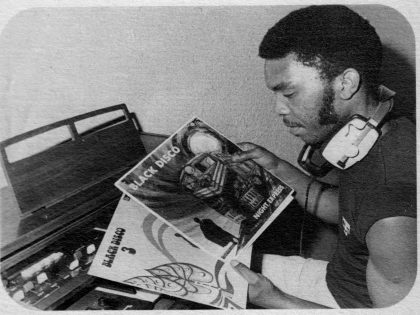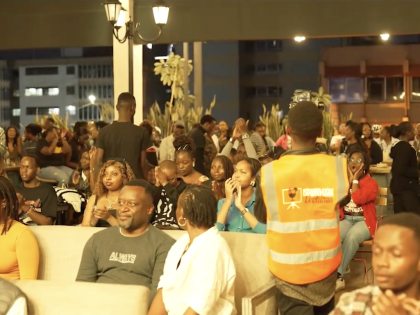
Just touched down in Morocco
Does the development of African football necessitate a trade off in vibes at continental tournaments?

Does the development of African football necessitate a trade off in vibes at continental tournaments?

How the Congolese national team has become a rare source of unity, recognition, and solidarity for communities living through war.

What the presence of an unlikely trio of football icons at AFCON tells us about migration, African identity, and the histories that continue to shape the modern game

How Senegal rose to become one of the most fertile grounds in African football, and why this success still struggles to transform the local football economy.

Comment le Sénégal est-il devenu l'un des viviers les plus prolifiques du football africain, et pourquoi ce succès peine-t-il encore à transformer l'économie du football local.

What it sounds like on the ground in Morocco at the 2025 edition of Africa Cup of Nations.

In Morocco, football has become a site for the slow re-Africanization of the country’s national identity.

The Super Eagles don’t suffer from a shortage of talent, but represent a country unwilling to admit that greatness is not a birthright.

Distanced at club level, and scrutinized at home, there is no player with more to prove at this Africa Cup of Nations than Mohamed Salah.

Bafana Bafana’s resurgence has been forged where South African football always lives—between brilliance and the bizarre.

An African Cup of Nations at home for red hot Morocco is a chance to put past trauma aside and charge on to the world stage.

This year, instead of taking a publishing break, we will be covering the African Cup of Nations. To transition, we consider why football still matters in an era of enclosure, mediated presence, and thinning publics.

A dispatch from Benin City tells the unfinished story of the Museum of West African Art.

The scandal around Ezra Olubi has exposed the contradictions of Nigeria’s middle-class, online feminism.

In his latest exhibition, Khanya Zibaya charts the psychic and spatial terrain of a city where homelessness, decay, and human resilience sit uneasily together.

The dispute over Benin City’s museum project shows that returning stolen art does not settle the question of ownership.

Somalis have answered Trump’s latest racist tirade not with outrage but with a tidal wave of trolling.

From Actonville to global stages, Pops Mohamed blended tradition, futurism, and faith—leaving behind a musical archive as luminous as the spirit he carried.

From IMF history to astrophysics, Nairobi’s Drunken Lectures turn casual drinkers into an engaged public.

As the White House hypes “Christian genocide” and floats military action, northern Nigerians are responding with satire.